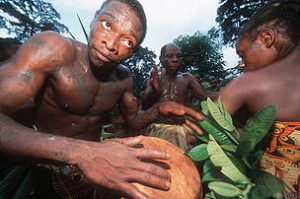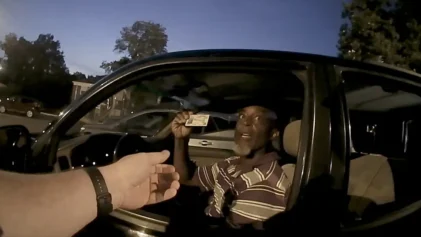The Aldet Center-Saint Lucia, Secretariat of the Indigenous Peoples Regional Competent Authority (IPRCA-Americas) and the Indigenous Peoples Human Rights Council (IPHRC-International) is in receipt of a letter from The Chef de Cabinet of the President of the Republic of France, dated 15th July 2016 in response to a request for dialogue concerning the provision of effective remedies, recourse and redress for historical injustices committed against the Indigenous Peoples of Saint Lucia and Trinidad & Tobago.
On 29th February 2016, the IPRCA-Americas and the IPHRC-International, acting on behalf of the Indigenous Peoples of Saint Lucia and Trinidad and Tobago, informed the Governments of the Republic of France, the Kingdom of Spain, the Kingdom of the Netherlands and the United Kingdom of Great Britain and Northern Ireland, that it was desirous of establishing a Negotiating Team to meet with the said Governments within the context of the Tenth Anniversary of the United Nations Declaration on the Rights of Indigenous Peoples; and to arrive at effective remedies, recourse and redress for historical injustices committed against the Indigenous Peoples concerned.
The French Government in particular was informed that the Negotiating Team would be interested in discussing the negative impacts of colonial occupation of Saint Lucia and Tobago, and the negative impacts of France’s transfer of Saint Lucia and Tobago, inclusive of the Indigenous Peoples to the United Kingdom of Great Britain and Ireland through the Treaty of Paris, executed on 30th May 1814.
The Negotiating Team intends to invoke the provisions of:
1: The United Nations Declaration on the Rights of Indigenous Peoples of 2007(1).
2: The United Nations World Conference Against Racism, Racial Discrimination, Xenophobia and Related Intolerance Declaration and Program of Action of 2001(2).
3: The Outcome Document of the High-Level Meeting of the General Assembly known as the World Conference on Indigenous Peoples of 2014(3).
Read more here.



